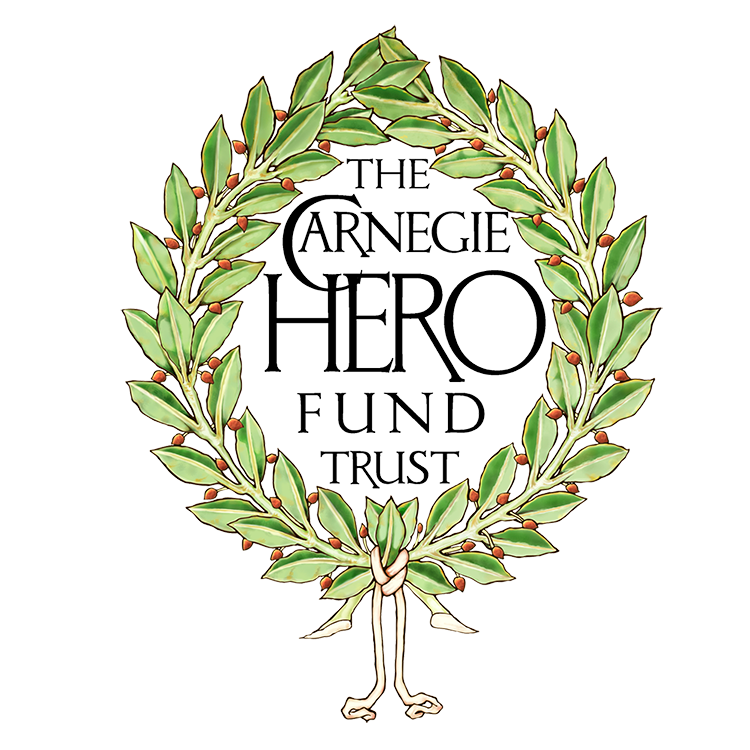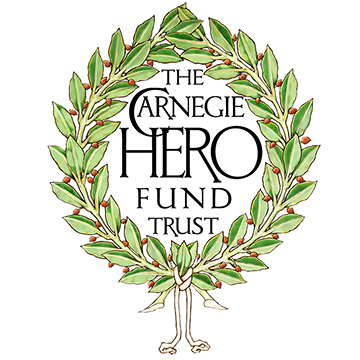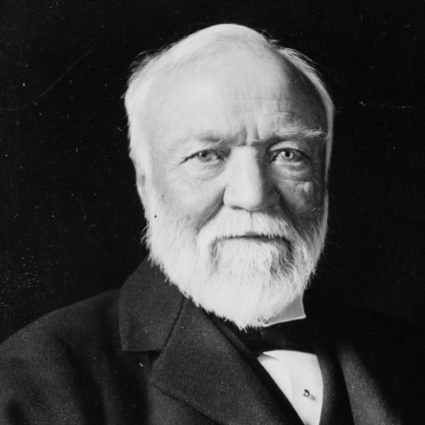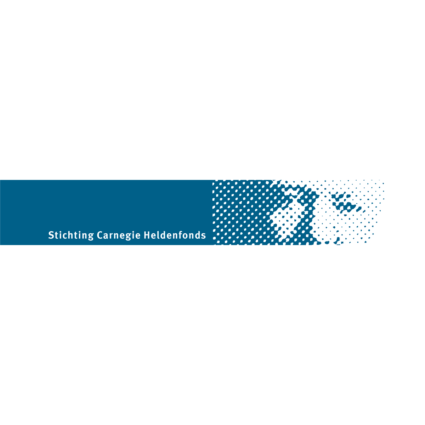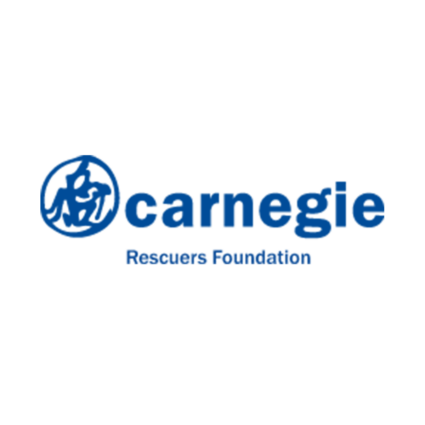
The Carnegie Hero Fund Trust was established in Britain in 1908 and was soon followed by nine Funds on the European continent.
The continuing aim of the Carnegie Hero Fund Trust UK is to recognise civilian heroism and give financial assistance, where necessary, to people who have been injured or to the dependants of people who have been killed in attempting to save another human life in peaceful pursuits. Its geographical area is Great Britain, Ireland, the Channel Islands and the surrounding territorial waters. Each year the Trust considers around 12 cases.
Our Story
The first Hero Fund, the Carnegie Hero Fund Commission, was established in America in 1904 after a colliery disaster near Carnegie's adopted home of Pittsburgh when 181 men, including two who gave their lives in rescue attempts, were killed in an explosion at the Harwick Colliery. In these days, when a family lost the breadwinner, some barely survived. When Andrew Carnegie heard of this tragedy, he immediately donated the sum of $50,000 thus doubling the amount raised by public subscription. He described the Hero Fund as ".. my ain bairn" and later wrote: "It (the Fund) has proved from every point of view a decided success."
In 1908, following the success of the Carnegie Hero Fund Commission in America, Andrew Carnegie set up the Carnegie Hero Fund Trust UK and based the office in Dunfermline. He asked the Trustees of the Carnegie Dunfermline Trust, which had been established in Dunfermline in 1903, to oversee the work of the UK Hero Fund.

